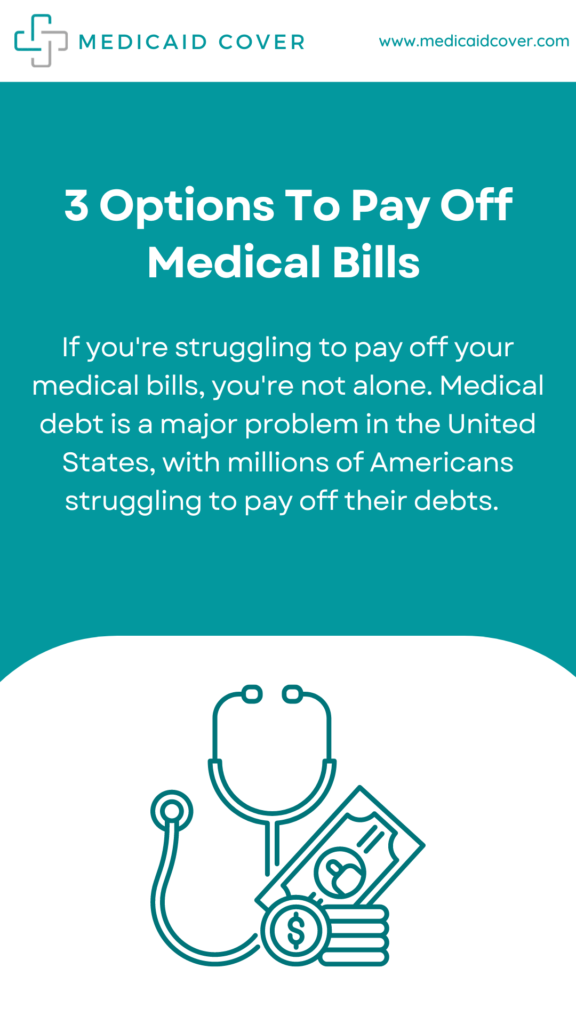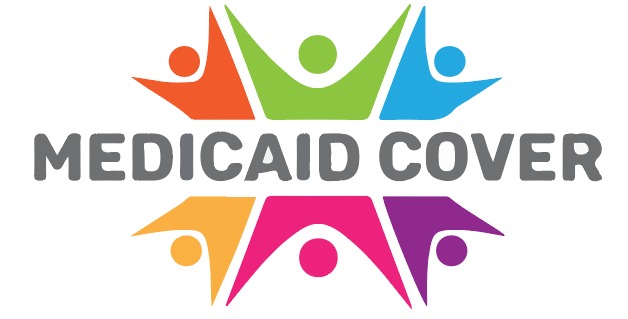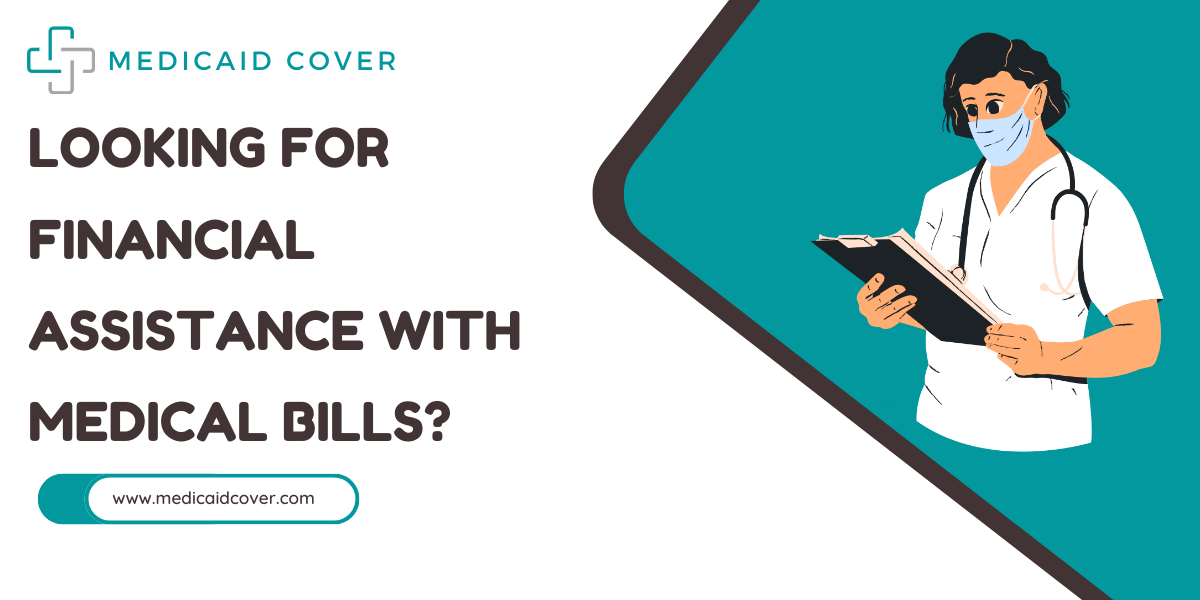Read this awesome article on medical bill grants, If you or someone you love has been injured in an accident and needs immediate medical attention, the last thing you probably want to worry about is how you’re going to pay for the medical bills that are piling up.
While paying out of pocket or through insurance helps, it might not be enough, especially if your injuries prevent you from returning to work immediately and/or your income isn’t as high as it used to be.
Fortunately, there are many medical bill grants that can help cover some or all your medical bills until you’re able to get back on your feet!
What Are Medical Bill Grants?
Medical bill grants are a type of grant that helps cover the costs of medical care. There are many different types of medical bill grants, and each one has its own eligibility requirements.
However, most medical bill grants require that you have a low income and are unable to pay your medical bills. If you think you might be eligible for a medical bill grant, there are a few things you should do to get started.
Medical bill grants are a type of grant that helps cover the costs of medical care. There are many different types of medical bill grants, and each one has its own eligibility requirements.
However, most medical bill grants require that you have a low income and are unable to pay your medical bills.
Find Related Helps:
Get Dentures In A Day For Only $99!
Private Grants For Individuals With Disabilities – How To Find Them?
The Rise Of Medical Bills
Medical bills are one of the leading causes of debt and bankruptcy in the United States. In fact, a recent study found that over 60% of Americans have struggled to pay their medical bills.
And it’s not just the poor and working class who are struggling. Even people with good jobs and health insurance can find themselves overwhelmed by medical debt.
The Types Of Medical Bill Grants
If you’re struggling to pay your medical bills, you may be wondering if there are any medical bill grants that can help you cover the costs.
The good news is that there are several organizations that offer financial assistance to those in need. Here are a few of the most popular options –
- The Patient Advocate Foundation: They provide up to $5,000 in financial assistance and legal support for people who have high deductibles or high copays and cannot afford their treatments.
- The National Kidney Foundation: Provides no-interest loans of up to $25,000 as well as short-term emergency loans of up to $1,500.
- Doctors Without Borders: They offer emergency relief programs and small loans (up to $1,000) when patients cannot afford their medical treatment.
- Housing Works: Provides small monthly cash grants (between $50-$250) for up to 24 months (about 2 years) as well as some limited health care coverage programs.
Read Also: How to get tummy tuck for free?
Available Grant Programs In Your State
If you’re struggling to pay your medical bills, you may be wondering if there are any grant programs that can help you out. While each state has different programs available, there are a few that are available in most states.
- First off, you should check to see if the program is offered by your state’s Medicaid program.
- To qualify for this type of grant, the patient needs to have an income below the Medicaid threshold and be eligible for Medicaid benefits according to their age or disability status.
- Other types of grants include Department of Labor Training and Employment Services and American Job Centers (part of the U.S. Department of Labor) which offer training resources and job placement services as well as money for transportation or childcare expenses.
- Finally, explore organizations like The Salvation Army or Catholic Charities which offer one-time emergency funds as well as ongoing support in managing finances
Medical Bill Grants 101
If you’re struggling to pay your medical bills, you may be wondering if there are any grants or programs that can help you cover the costs.
The good news is, there are several options available to those in need.
3 Options To Pay Off Medical Bills
If you’re struggling to pay off your medical bills, you’re not alone. Medical debt is a major problem in the United States, with millions of Americans struggling to pay off their debts.

According to statistics from CareOne’s own patients and employees, medical debt contributes to more than 60% of personal bankruptcies filed in the U.S.
In other words, at least one out of every three people who file bankruptcy do so because they are trying to cope with high medical costs-and that doesn’t even consider all those who have difficulty paying their monthly bills but don’t go as far as filing bankruptcy.
Mediation Programs
There are many mediation programs available to help you with your medical bills. Each program has different requirements, but they all provide some form of financial assistance.
Some programs may require you to be a certain age, have a certain income level, or be a resident of a certain state. Others may not have any requirements at all. No matter what your situation is, there is likely a program that can help you.
Debt Consolidation
If you’re struggling to keep up with multiple medical bills, debt consolidation could be a helpful option. This involves combining all your outstanding debts into one single loan.
This can make it easier to manage your payments and may help you save money on interest. Debt consolidation is not right for everyone, so be sure to speak with a financial advisor to see if it’s a good fit for you.
Free Charitable Organization Programs
- The Children’s Health Insurance Program (CHIP)
- The Federal Housing Administration (FHA)
- The Low-Income Home Energy Assistance Program (LIHEAP)
- Community Development Block Grants (CDBG)
- Supplemental Nutrition Assistance Program (SNAP, formerly known as the Food Stamp program)
- Free or Reduced-Price School Meals
- Special Supplemental Nutrition Program for Women, Infants, and Children (WIC).
Financial Assistance While Your Application Is Pending
If you are having trouble making ends meet while you wait for your grant application to be processed, there are a few options for financial assistance.
You may be able to get help from a friend or family member, or you could investigate taking out a loan.
There are also several government programs that can help you with your medical bills, so be sure to do your research and see what is available to you.
In the meantime, here are a few medical bill grants that could help you cover the costs of your care
Which Option Should I Choose?
When it comes to finding help with medical bills, there are a few different options available to you. You can investigate medical bill grants, which are offered by various organizations and can help cover the cost of your medical bills.
You can also investigate financial assistance programs offered by hospitals or other medical facilities. And finally, you can contact your insurance company to see if they offer any type of coverage for medical bills.
Here are a few of the most popular options :-
- The Patient Access Network Foundation offers grants up to $3,000 through their Healthcare Champions program.
- Eligible patients have been diagnosed with one of many cancers or other serious illnesses and cannot afford to pay their cancer treatment costs.
- Donors provide funds to assist eligible patients who do not have insurance or whose insurance will not cover their treatments.
- The American Cancer Society offers $5,000 loans (interest free) to cancer patients and caregivers who don’t qualify for more traditional types of funding but would like help paying some expenses during treatment and recovery.
How Do You Apply For Medical Bill Grants?
If you or someone you know is struggling to pay off medical bills, there are a few options for financial assistance. One option is to investigate medical bill grants.
Grants are given to people who meet certain qualifications, such as having limited income and assets.
To be eligible for this type of grant, you must meet the following qualifications :-
- Your total household income in the last 12 months (from all sources) must be less than $20,000;
- You cannot have more than $10,000 in assets;
- You must not be claimed as a dependent on another person’s tax return. Medical bill grants typically cover 50% of your qualified expenses up to $2,500 per year and can only be used once every two years.
With some types of medical bills, the grant will cover 100% of the costs. These types include prenatal care and vaccinations.
For other expenses, like dental care, eyeglasses, and prescriptions drugs, the grant will only cover half of what you owe until you reach your maximum limit which is set at $2,500 per year.
A great thing about these grants is that they don’t need to be repaid!
What Do You Need To Qualify For Medical Bill Grants?
There are a few things you need to qualify for a medical bill grant.
- First, you must have a medical condition that requires treatment.
- Second, you must be a U.S. citizen or legal resident.
- Third, you must have a household income that falls below the poverty line.
- Fourth, you must be able to demonstrate financial need.
- Fifth, you must be 18 years of age or older.
- Sixth, you must be willing to provide documentation of your medical condition and treatment costs.
- Seventh, you must be willing to provide documentation of your financial need.
How Do I Get Started With Financial Assistance For My Medical Bills?
If you’re struggling to pay your medical bills, you may be wondering how to get started with financial assistance.
- The first step is to contact your hospital’s billing office and ask about their financial assistance policies. You may also want to investigate medical bill grants.
- There are several organizations that offer financial assistance for medical bills, and you may be eligible for help.
- You can also talk to your doctor or healthcare provider about payment options and see if they offer any discounts.
- Finally, make sure to keep track of all your expenses so you can stay organized and on top of your finances.
Who Can Apply For Financial Assistance?
Financial assistance is available for those who are struggling to pay their medical bills. There are several different organizations that offer grant money to help with medical expenses.
Some of these organizations include the American Cancer Society, the National Institutes of Health, and the American Heart Association.
To see if you qualify for any of these programs, you will need to fill out an application and provide proof of your income and expenses.
Who Should Not Apply For Financial Assistance?
If you are denied a grant, don’t despair! There are other options available to help you pay your medical bills. You can check with your local charities or non-profit organizations to see if they have any programs that can help you.
You can also investigate government assistance programs like Medicaid or Medicare. If all else fails, you can always try to negotiate a payment plan with your healthcare provider.
Things To Consider When Applying For Financial Assistance
When you’re applying for financial assistance, there are a few things to keep in mind.
- First, make sure you have all the necessary documentation. This may include tax returns, pay stubs, bank statements, and medical bills.
- Second, research the organization you’re applying to and make sure you meet their eligibility requirements.
- Third, be prepared to answer questions about your finances and why you need assistance.
- Fourth, have an idea of how much money you’ll need to cover your expenses.
- Fifth, fill out the application completely and accurately.
- Sixth, submit any required supporting documentation along with your application.
- Finally, follow up after you’ve submitted your application to check on its status.
What Happens If You Are Denied?
If you are denied a grant, don’t despair! There are other options available to help you pay your medical bills. You can investigate crowdfunding, private loans, or government assistance programs.
You can also try negotiating with your healthcare provider or looking into alternate payment plans. Whatever you do, don’t give up!
What Happens If You Are Approved?
If you are approved for a medical bill grant, the grant will typically cover a portion of your outstanding medical bills. The amount of the grant will vary depending on the organization and your financial need.
Typically, grants are awarded based on a combination of factors, including income, assets, and the type of medical care needed. Once you are approved for a grant, you will receive a check or payment directly to your medical provider.
The Pros Of Financial Assistance Grants
When you’re struggling to pay your medical bills, the last thing you want to do is go into debt. But, sometimes, that’s exactly what happens.
If you can’t afford to pay your medical bills, you may have to rely on credit cards or loans. And, if you can’t repay those debts, your credit score will suffer.
The Cons Of Financial Assistance Grants
Though medical bill grants can provide a much-needed lifeline for those struggling to pay their medical bills, there are some drawbacks to consider before applying for one.
- First and foremost, grant money is never guaranteed – even if you meet all the eligibility requirements, there’s no guarantee that you’ll be approved for the full amount you need.
- Additionally, most grants have strict guidelines on how the money can be used, so it may not be possible to use the grant money to cover all your medical expenses.
- Finally, depending on the grant program, you may be required to repay the grant money if your financial situation improves or if you fail to meet certain conditions set by the grantor.
Tips To Reduce The Cost Of Healthcare
- Understand your insurance plan and what it covers.
- Research the cost of procedures ahead of time.
- Shop around for prescriptions – there can be big price differences between pharmacies.
- Compare the cost of going to the ER versus an urgent care center or your regular doctor.
- Consider alternatives to traditional methods of treatment, such as acupuncture or chiropractic care.
- Take advantage of free or low-cost health screenings and immunizations offered by local organizations.
- Stay healthy and avoid getting sick in the first place by eating right, exercising, and getting enough sleep!
Helpful Tips Before Applying
- Determine If You Qualify – Most medical bill grant programs are based on income, so you’ll need to know what your household income is before applying.
- Gather Your Documentation – You’ll likely need to provide some sort of documentation proving your medical expenses. This could include doctor’s bills, hospital bills, or even prescriptions.
- Know The Deadlines – Some programs have strict deadlines for when you can apply, so make sure you’re aware of any deadlines before beginning the application process.
- Find The Right Program – Not all programs will be a good fit for your situation, so it’s important to do your research and find one that specifically meets your needs.
- Follow The Instructions – Make sure you read and follow all instructions carefully.
If you really like this article please share it with your near and dear, for more updates please visit the website https://medicaidcover.com/.

